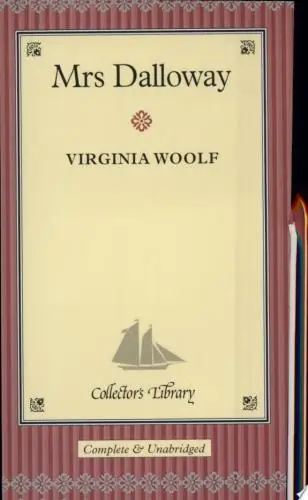Mrs Dalloway
What's it about?
Mrs Dalloway follows Clarissa Dalloway as she prepares for a lavish party in post-World War I London. Through stream-of-consciousness narration, Woolf explores themes of time, identity, and mental health, allowing you to delve into the characters' inner lives. You’ll discover how seemingly ordinary moments can reveal profound truths about existence and the impact of societal expectations. The novel invites you to reflect on the connections between past and present, and how personal experiences shape one's reality.
About the Author
Virginia Woolf, an influential British writer, is known for her modernist works, including "Mrs. Dalloway" and "To the Lighthouse." Her writing style features stream-of-consciousness and explores themes of identity, time, and mental illness. Woolf's unique narrative techniques and feminist perspectives have left a lasting impact on literature.
5 Key Ideas of Mrs Dalloway
Savoring the Present Moment
Immersing yourself in the present enriches life's tapestry and deepens your appreciation of the everyday.
Consider Clarissa Dalloway planning a party—every detail, from the flowers to the sounds of Big Ben, resonates with meaning, urging us to cherish the fleeting beauty around us.
- Heightens awareness: Focusing on the present illuminates oft-ignored aspects of daily life.
- Deepens connection: Mindfulness strengthens bonds with others and with oneself.
- Enriches experience: Each moment lived fully can transform the mundane into the extraordinary.
Pause for a minute today to simply observe your surroundings, noticing the colors, sounds, and sensations around you.
Avoid becoming overwhelmed by attempting to capture every detail; instead, relish a few significant moments without fixation.
Embracing Complexity in Emotions
Recognizing the coexistence of contradictory emotions fosters deeper self-understanding and empathy for others.
Reflect on Septimus Warren Smith's turmoil—a reminder that our emotions are not linear but rather a complex symphony, urging compassion for ourselves and those in distress.
- Promotes self-compassion: Accepting emotional duality eases inner conflict.
- Cultivates empathy: Understanding complexity in emotions helps relate genuinely to others.
- Encourages authenticity: Embracing all facets of emotion leads to a truer sense of self.
Write down a recent experience where you felt two opposing emotions, allowing yourself to accept both without judgment.
Resist the temptation to label emotions as 'good' or 'bad'; accept them as integral parts of the human experience.
The Power of Reflection
Regular introspection unveils deep insights, fostering a richer, more meaningful existence.
Picture Peter Walsh reminiscing about the past—his reflections reveal the continuity of life, informing present decisions with a harmonious blend of memory and desire.
- Enhances self-awareness: Reflection illuminates personal growth and areas for development.
- Informs future choices: Past experiences serve as a guide for present and future decisions.
- Strengthens identity: Revisiting past moments enriches one's understanding of self.
Spend five minutes today reflecting on how a past event has influenced your present actions or feelings.
Avoid dwelling on regrets or romanticizing the past; reflection should serve as a tool for growth, not rumination.
Deeper knowledge. Personal growth. Unlocked.
Unlock this book's key ideas and 15M+ more. Learn with quick, impactful summaries.
Read Full SummarySign up and read for free!
Mrs Dalloway Summary: Common Questions
“I am alone in the world; I am alone in the world.” This poignant line from Mrs. Dalloway perfectly encapsulates the novel’s exploration of isolation and connection. Woolf masterfully entwines the thoughts and experiences of her characters in a single day in post-WWI London, creating a tapestry of inner lives that feel profoundly interconnected yet deeply solitary. The stream-of-consciousness style provides an intimate glimpse into the characters' minds, particularly Clarissa Dalloway and Septimus Warren Smith, whose narratives are as haunting as they are riveting.
One moment that particularly grabbed me was Clarissa's preparation for her party, which serves as a metaphor for the complexities of her social identity. The way she reflects on her past, alongside Septimus’s tragic battle with PTSD, left me both enchanted and contemplative. Some sections, particularly those diving deep into emotional abstractions, did leave me scratching my head, wondering about the subtle nuances Woolf masterfully wove into their interconnected fates. This narrative style may not be for everyone, echoing works like To the Lighthouse, but it’s a rewarding experience for those who embrace it.
Overall, Mrs. Dalloway is a profound exploration of memory, time, and societal roles that lingers long after reading. If you appreciate novels that challenge conventional storytelling while deeply probing the human psyche, I highly recommend diving into this modernist classic.
Experience Personalized Book Summaries, Today!
Discover a new way to gain knowledge, and save time.
Sign up for our 7-day trial now.
No Credit Card Needed

Similar Books

Comprehensive Casebook of Cognitive Therapy
Frank M. Dattilio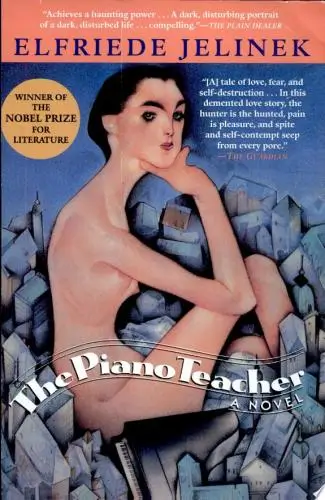
The Piano Teacher
Elfriede Jelinek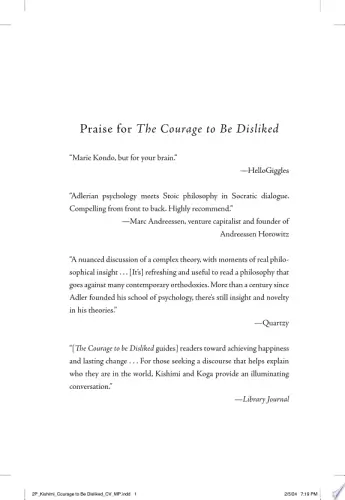
The Courage To Be Disliked
Ichiro Kishimi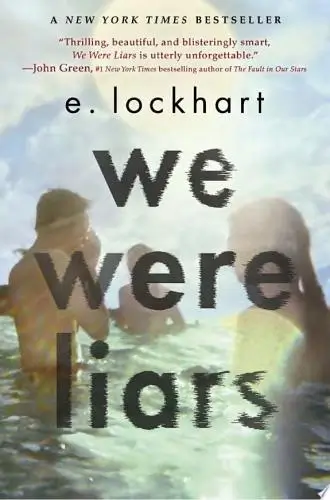
We Were Liars
E. Lockhart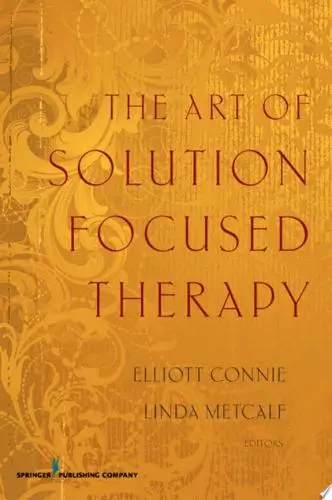
The Art of Solution Focused Therapy
Elliott Connie, MA, LPC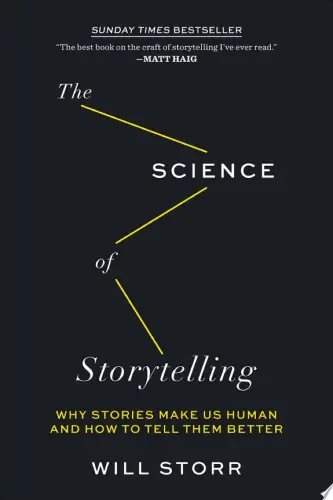
The Science of Storytelling
Will Storr
No Longer Human
太宰治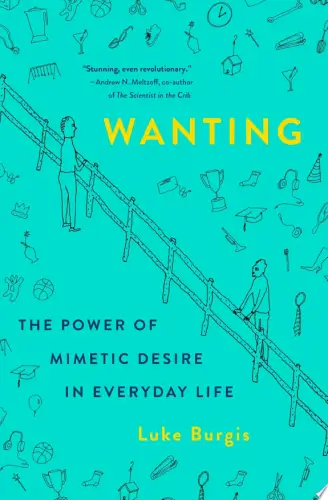
Wanting
Luke Burgis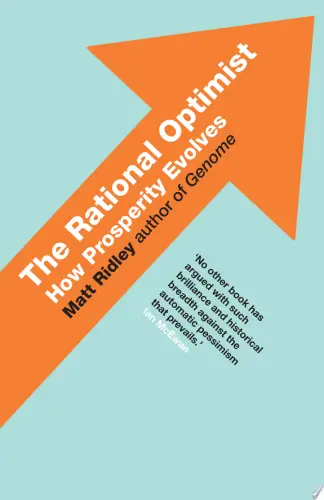
The Rational Optimist
Matt Ridley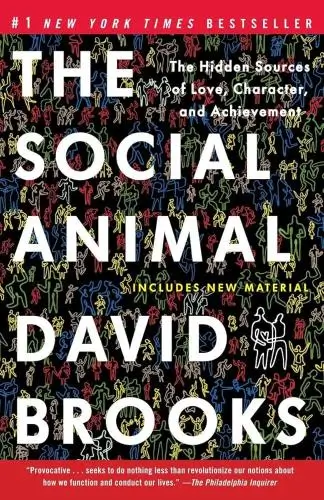
The Social Animal
David BrooksTrending Summaries

Peak
Anders Ericsson
Never Split the Difference
Chris Voss
Smart Brevity
Jim VandeHei
The Psychology of Money
Morgan Housel
The First 90 Days
Michael D. Watkins
Atomic Habits
James Clear
Thinking, Fast and Slow
Daniel Kahneman
The Body Keeps the Score
Bessel van der Kolk M.D.
The Power of Regret
Daniel H. Pink
The Compound Effect
Darren HardyNew Books

Forex Trading QuickStart Guide
Troy Noonan
Comprehensive Casebook of Cognitive Therapy
Frank M. Dattilio
The White Night of St. Petersburg
Michel (Prince of Greece)
Demystifying Climate Models
Andrew Gettelman
The Hobbit
J.R.R. Tolkien
The Decision Book
Mikael Krogerus
The Decision Book: 50 Models for Strategic Thinking
Mikael Krogerus
Fichte
Johann Gottlieb Fichte
Do No Harm
Henry Marsh
